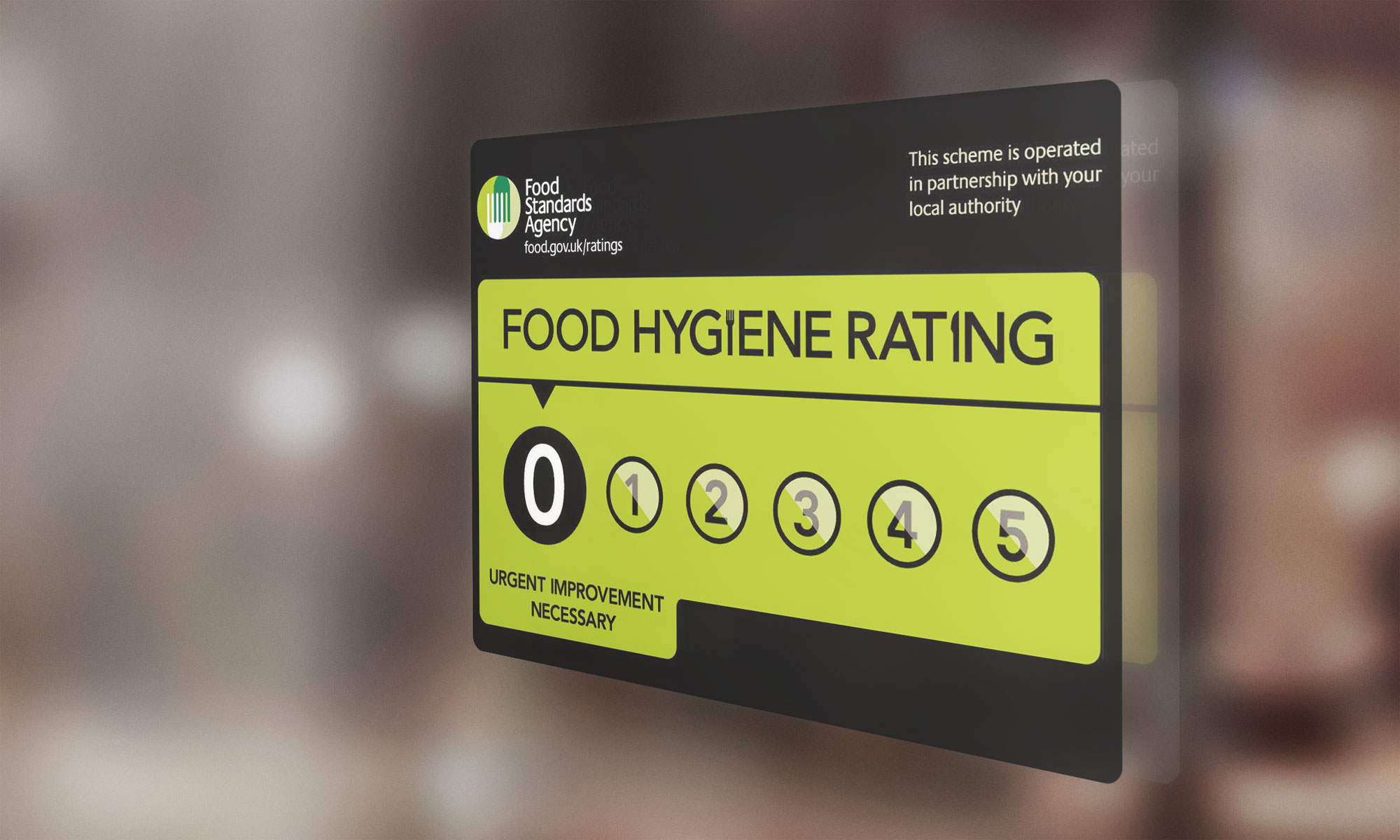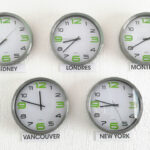In among political break-ups and breakaways, a commitment to clean up take-aways is hardly big news – at first glance.
And yet the pledge by Just Eat to remove any of the 29,000 UK restaurants registered with them, who score a zero food hygiene rating, gives food for thought. The food ordering app is investing £1m in hygiene and safety standards. Restaurants that fail to make the grade by 01 May will be kicked off the app and any new entries must score ‘generally satisfactory’ for hygiene.

It was last October, when a BBC undercover investigation revealed that half of all outlets rated as zero by the Food Standards Agency in Manchester, Bristol, and London appeared on Just Eat. The statistics were accompanied by stomach curdling images captured by food inspectors.
And it is these pictures, more than the facts which bring us to this latest news. The images of restaurants cooking up and dishing out grub were more than unpalatable. They so undermine the appeal of ordering in, that home cooked pot noodles became a mouth-watering slap up dinner. In the world of food and drink, hygiene and cleanliness are king, and one poor picture is worth a thousand stories, capable of transforming a local story into national news fodder. The risk pictures pose is even greater, thanks to social media and citizen journalists, all too ready to expose poor practice.
Any restaurant, food or drink brand worth its salt, needs a clear social media policy on addressing and responding to footage relating to safety and hygiene. How do you verify the source, confirm its veracity and at what stage do you acknowledge and commit to stamp out proven poor practice?
To avoid having reputation burnt, business should anticipate this issue as part of their crisis communications management or plan. The Food Standards Agency monitors restaurants and councils inspect. But the power to torpedo reputation sits with each and every restaurant customer and employee.






